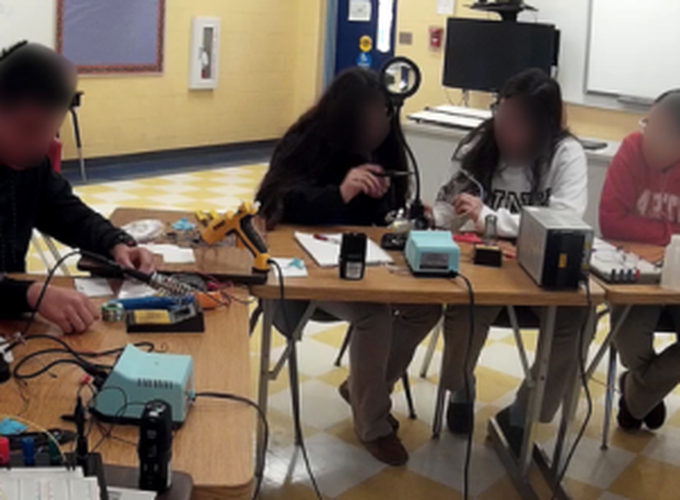From Making to Micro-Manufacture - Catalyzing STEM Participation in Rural High Schools

From Making to Micro-Manufacture - Catalyzing STEM Participation in Rural High Schools
Abstract
This paper proposes Micro-Manufacture (M2), a model of Making that extends its practice to include aspects of engineering concerns of production and reproducibility. A longitudinal study was conducted with six high school students engaging in the M2 model within the scope of a two-year long Career and Technical Education class. We investigated the potential of M2 to convey educational benefits and to affect Making and Engineering self-concepts. Quantitative results showed that the students generally made positive gains in Making and Engineering self-efficacy, but that the real-world requirements of M2 caused Maker mindset perceptions to be more negative. Qualitative findings however showed that M2 requirements served to focus the students, and enabled them to develop skills that they may not have otherwise developed by simply engaging in conventional Making activities.